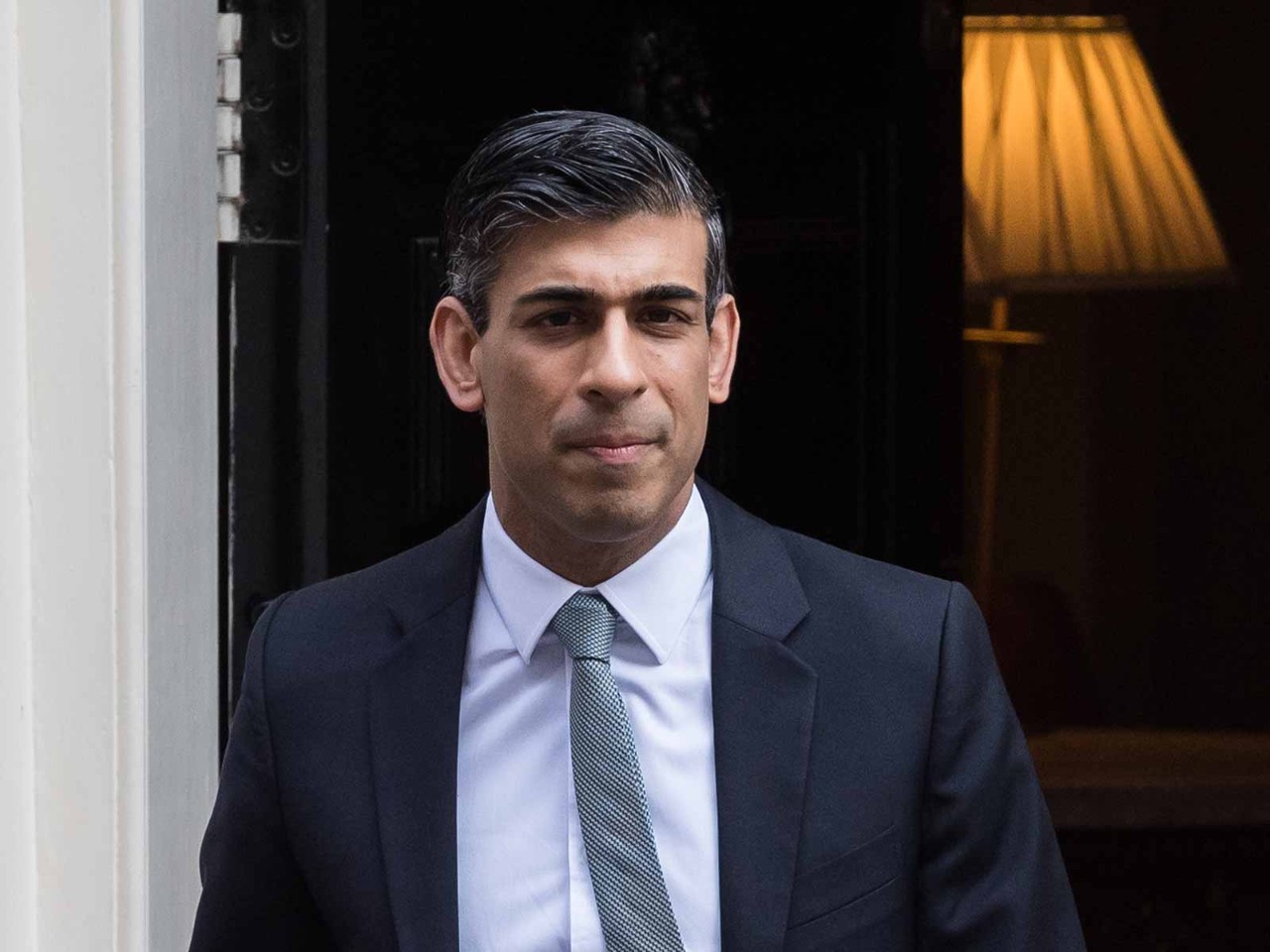
In January, UK investment fund manager Terry Smith rounded on consumer giant Unilever, criticising the multinational for its obsession with 'publicly displaying its sustainability credentials at the expense of focusing on the fundamentals of the business'. Smith, whose £26.1bn fund holds – and has held for over 10 years – Unilever shares, highlighted the company’s decision to promote Hellmann’s Mayonnaise as having a ‘purpose’ other than going into your sandwich: that of fighting against food waste.
Companies ought to discuss their ESG efforts in more specific (and less rhetorical) ways
At its core, Smith’s criticism suggested, that companies should only talk about their environmental, social, and governance (ESG) activities if they are demonstrably relevant to doing business. His comments have prompted concerns that there is an ‘ESG backlash’ brewing among investors, and suggest that companies ought to discuss their ESG efforts in more specific (and less rhetorical) ways.
But despite Smith’s ire, companies will likely continue talking about the purpose of their products and services in this way. Why? Because there is a fundamental disconnect between the incentives to talk about ESG efforts, and the incentives to actually make the efforts that count.
Empty platitudes
The central issue, according to Tariq Fancy, ex-CIO for sustainable investing at BlackRock, is that ESG exists in two spheres with little overlap.
The first sphere is one of statements – primarily about how much the world has changed and how businesses will deliver net zero and advance social movements because it is their fiduciary duty, rather than just a nice thing to do. In this sphere, Unilever’s musings about mayonnaise make complete sense. These statements aren’t necessarily untrue: they are either just immeasurable, irrelevant to the bottom line, or so limited in impact as to barely matter at all. At worst, they are a distraction.
For example, two Harvard academics studied the corporate documents of the 181 signatories to the 2019 Business Roundtable (BRT) statement that suggested that all stakeholders, and not just shareholders, matter. The academics found that the statement 'was mostly for show and that BRT companies joining it did not intend or expect it to bring about any material changes in how they treat stakeholders'.
Shareholders first
The second sphere belongs to analysts and investors, who recognise that the era of shareholder primacy has not passed. Their managers have not encouraged it and governments have not legislated for it. Their calculation is simple: if sustainable behaviour improves the bottom line, it will be integrated into their analysis and rewarded with capital. If it doesn’t, then the information will be ignored. Their calculations drive companies’ actions on ESG.
Genuine change is being held back by a series of gaps that serve to maintain the status quo
The concern is that genuine change to more sustainable ways of working is being held back by a series of gaps that serve to maintain the status quo. First, there is the gap between purpose and profit – between what companies say and what they do. Second, there is the gap between the information investors need and the information they receive.
Finally, there is the gap between statements at a policy level and direction via legislation at a systemic level – something that Fancy thinks is essential to bring about the depth of change needed at the pace required.
Making ESG meaningful
So if mayonnaise-style communication about ESG is (or should be) off the table, and if there are actually competitive limits on what companies can do (because the rules haven’t changed), then how can businesses – and society – actually talk about ESG in a meaningful way?
Businesses can refrain from making statements that cannot be held up to and compared against their actions
Probably the first thing to do is for companies to communicate to investors that some of the decisions that they make – like, say, refusing to buy cheap cotton from Xinjiang province where Uyghurs are being held in detention centres, or investing in expensive electric vehicles – may initially depress profits.
Investors can ignore or punish the gap between rhetoric and action, but clearly argued cases for sustainable business practices that put companies on the front foot in 10 or 15 years are unlikely to put long-term investors off. Sustainable accounting standards, from the newly created International Sustainability Standards Board, about to be made available, will help with this.
Close collaboration
The second step businesses can take is to collaborate closely with government. For decades, companies have lobbied government to allow more self-regulation. But during the pandemic, a mixture of legislation and powerful collaboration between government and pharmaceutical companies delivered multiple vaccines in record time and averted myriad terrible outcomes via systemic intervention. Pharmaceutical companies did not need nationalising and shareholders did very well.
The climate crisis promises to be at least as devastating as the pandemic and such collaboration – along with the abandonment of the idea that the free market will fix everything – has proven to be successful.
Finally, businesses can refrain from making statements that cannot be held up to and compared against their actions. As Dr Tanusree Jain at Trinity Business School points out (and as the Unilever backlash reveals), having your bluff called on these statements could lead companies to 'suffer from massive reputational damages that [they] might find it difficult to recover from'.
Where they do make statements, companies should be aware that consumers, investors and other stakeholders are beginning to watch more closely. Time is running out, and the gap between what companies say and what they do will be punished more severely.
More information
Visit ACCA’s sustainability reporting hub




